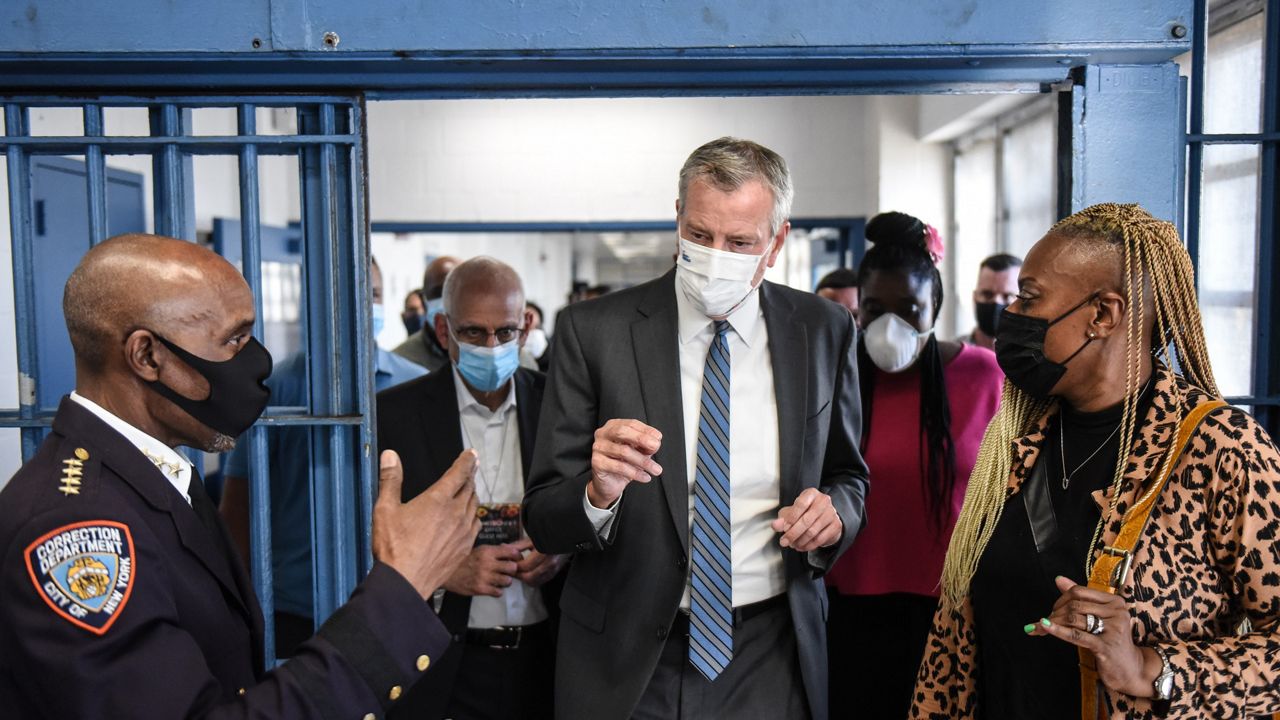“Brian got busted on a narco rap.
He beat the rap by ratting on some bikers.
He said: ‘Hey, I know it's dangerous
but it sure beats Rikers.’” – Jim Carroll
Days after the smoke finally cleared on Rikers Island in August of 1990, officials took reporters on a tour of the city’s jail complex, which had just survived a blockade by guards and an ensuing riot by thousands of inmates.
As reporters prepared to leave a landscape that could have been crafted by John Carpenter, a corrections spokesman flicked his cigarette to the ground and muttered: “What a s--thole.”
Thirty-one years later, Rikers is getting ready for another disastrous closeup. With roughly 20% of guards calling out sick every day and detainees in Corrections custody dying at a rate of more than one a month, it feels like unhappy days are here again.
Already struggling to pass an institutional stress test before the pandemic, Rikers was essentially sent into the intensive care unit by the coronavirus. Only no one is giving the jail the intensive care it needs. Overseen by a federal monitor since 2015, Rikers has plenty of people who have been ringing the alarm bell. But no one has been answering it.
With less than four months remaining in office, Mayor de Blasio on Monday toured Rikers after advocates, union leaders, lawyers, and detainees all begged him to make a visit.
More defiant than shaken, de Blasio briefly spoke with reporters, sounding at one point like he had just entered office by declaring: “We’ve got a hell of a lot of work to do.”
Obviously, it will be work that will largely be left to his successor. Meanwhile, the mayor is trying to focus on his administration’s plan to shut down Rikers in several years and replace it with four borough-based jails.
“I’ve put the plan in place to get us the hell out of here,” de Blasio said.
But just as President Biden’s boasts of ending the war in Afghanistan were overshadowed by the evacuation of Kabul, de Blasio risks being the man who closed Rikers down by letting it burn.
While the jail’s population has plunged during his mayoralty, lawyer and inmates say Rikers feels more out of control than ever. The sickout is obviously a major factor in the messy equation, which makes it all the more puzzling why the mayor didn’t talk with any corrections officers during his tour. The next mayor will have to work at not necessarily making the corrections officers love him, but at least not wanting to burn him in effigy.
Trying to run New York City during a pandemic is like playing “SimCity” at its most difficult level; when one problem is seemingly being handled, another emerges in a cruel whack-a-mole game. What’s made it far more challenging is that the mayor has appeared reactive at times — even to the point of acting that everything’s under control while people’s eyes are telling them a very different story.
Rikers isn’t scheduled to be closed for another four years — after the next mayor’s term has expired. A reset button can’t be hit fast enough.



